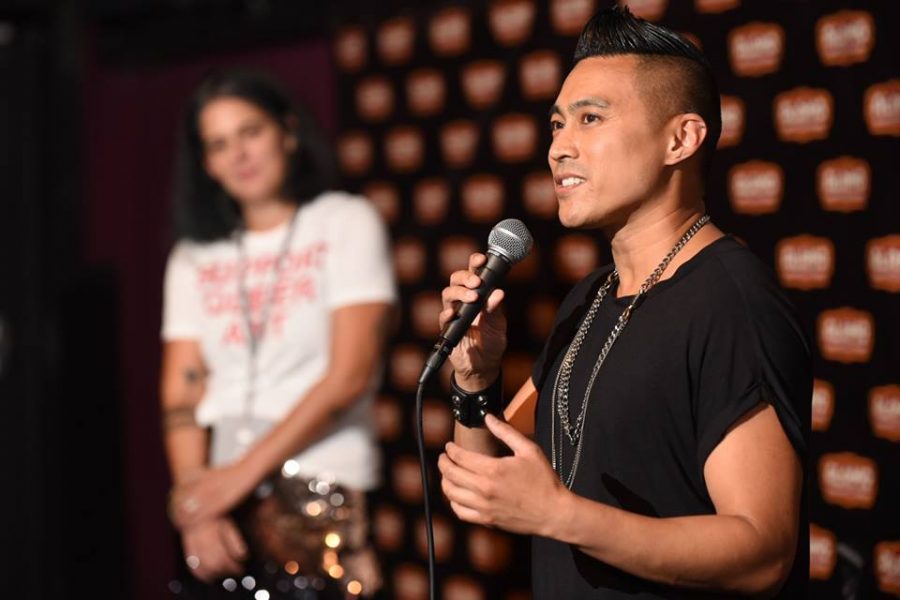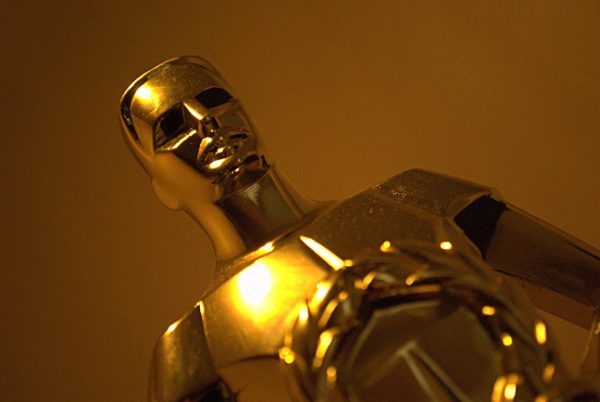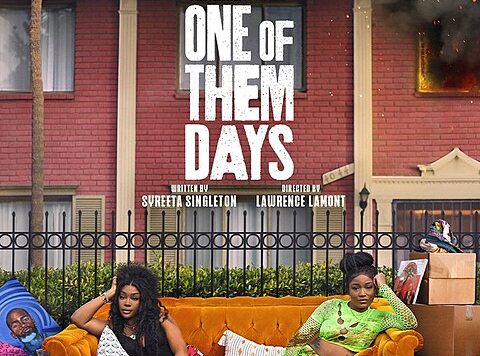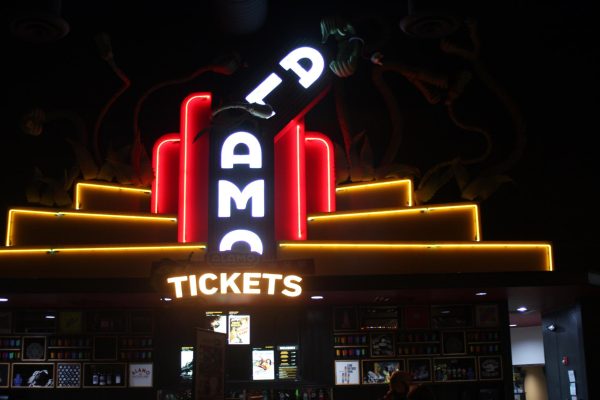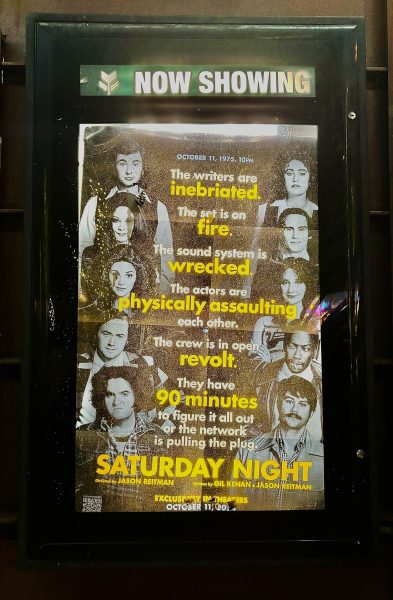Local LGBTQ film festival dissects nuances in identity
The festival changed its name in honor of its 31st anniversary.
The atmosphere at the Alamo Drafthouse was alive with excitement as volunteers and festival goers mingled, proudly wearing their black “Love, aGLIFF” shirts with a rainbow stroke across the middle. Filmmakers from all around the world graced the red carpet, glowing with pride as they showcased their films.
This past weekend, the All Genders, Lifestyles, and Identities Film Festival (aGLIFF) touched down at the Alamo Drafthouse on South Lamar, bringing a treasure trove of both local and international LGBTQ cinema and filmmakers.
Formerly known as Austin’s Gay and Lesbian Film Festival, aGLIFF redefined its new acronyms for it’s 31st anniversary. Yet, even with its new name, it’s 1987 founding mission to celebrate, affirm and bring awareness to LBGTQA+ identities through film remains true.
“I feel that the mission is more essential than ever as the suicide rates of trans youth rises and the political environment grows increasingly uncertain,” aGLIFF President, Ashley Marshall said during the program.
This year, the festival was more jam packed than ever, introducing special panels to its usual lineup of films.
On Saturday, a “Women in Film” panel of female filmmakers discussed the importance of representation and overcoming the challenges that come with breaking into a male-dominant industry. On Sunday, a “Film Casting” panel discussed the obstacles and opportunities in cinema and film.
“I love being at the film festival and just seeing people there,” director of Freshman Studies Alex Barron said. “It just makes me happy to go there and have us be all part of this thing that isn’t a bar, that is a cultural event where we’re all going to see art. And I was pleasantly surprised that they opened with a local filmmaker, PJ Raval. That was really fantastic to highlight Austin as a place where we have these amazing filmmakers.”
This year’s programming had four categories: Narrative Films, Documentaries and Shorts. While each film obviously featured LGBTQ identities, they all ventured into different aspects of what it means to be LGBTQ, each dissecting the different intersections with respect to complexity and nuance.
The festival’s opener, “Call her Ganda” (dir. PJ Raval), kicked the weekend off on a powerful, thoughtful note. While the film covers the murder of transgender Filipina Jennifer Laude by U.S. Marine Joseph Scott Pemberton, it quickly finds itself layered in the toxic relationship and history of imperialism between the United States and the Philippines with Laude and Pemberton the embodiments of their nation and identities.
“Watching ‘Call Her Ganda’ felt like a breath of fresh air,” said former president of St. Edward’s Pride, David Weier. “I personally, am tired of seeing movies where people like me are killed and and we’re left with a community full of hurt and anger. But it seemed different.”
Another fan favorite was “Lez Bomb,” written, directed and produced by Jena Laurenzo. The comedy followed Lauren, a young woman in her 20s who decides to come out to her family during Thanksgiving with her girlfriend. Though the big announcement is anything but simple, and she soon realizes that there’s never a perfect time to drop the Lez Bomb.
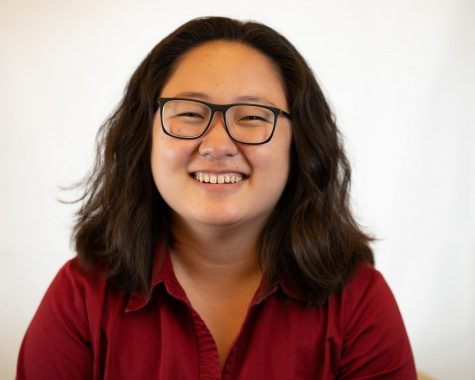
I am Lilli Hime—English Writing and Rhetoric major and freelance writer at Hilltop Views. This is my senior year at St. Edward's University.
My role...


